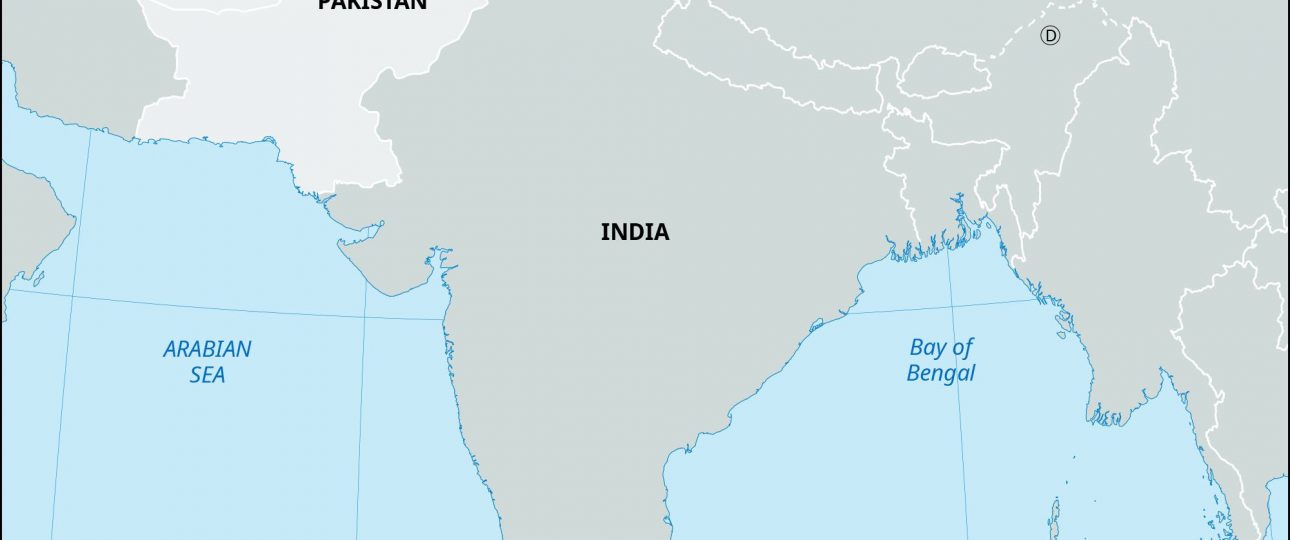Khyber Pass: A Journey Through History and Culture
Location and Historical Context
The Khyber Pass is a historically significant mountain pass located on the border between Pakistan and Afghanistan. Spanning approximately 33 miles (53 kilometers), it has served as a vital trade route and strategic military passage for centuries. The pass is primarily inhabited by the Pashtuns, a fiercely independent ethnic group known for their rich cultural traditions and historical resistance to foreign control.
Historical Significance
The Khyber Pass has been a focal point in numerous historical events. It was a key passage for invaders and traders, including Alexander the Great, who had to negotiate with the Pashtuns to cross it. During the British Raj, the pass was a border region, and despite several military campaigns, the British never fully subdued the area. The Pashtuns, known for their martial prowess, were often recruited into the British military, forming renowned regiments.
Current Security Situation
Today, the Khyber Pass is in a region marked by ongoing conflict. The area has been closed to foreigners for several years, with limited reports of successful crossings since 2017. Travelers must obtain permits and are often required to travel with armed escorts. Due to the challenging security situation, visiting the Khyber Pass is not recommended as of August 2023.
Natural and Cultural Features
The Khyber Pass offers dramatic landscapes of rugged mountains and deep valleys. While its natural beauty is undeniable, the region’s cultural richness is equally compelling. The Pashtuns, who dominate the area, adhere to Pashtunwali, a traditional code of ethics, and practice the Deobandi branch of Islam. Their customs and hospitality provide a unique cultural experience for those who can safely visit.
Travel Logistics
Traveling to the Khyber Pass requires careful planning. The nearest major city is Peshawar in Pakistan, from where you can arrange transportation to the pass. Permits are necessary, and travelers should be prepared for logistical challenges and potential changes in plans due to security concerns. Public transportation options include taxis and buses, but these require permits and armed escorts.
Practical Tips
- Ensure you have all necessary permits and travel documents before attempting to visit the Khyber Pass.
- Travel with a local guide who understands the region’s complexities and can ensure your safety.
- Respect local customs and dress modestly. Always seek permission before photographing people.
- Stay informed about the current security situation and be prepared to alter your plans if necessary.
The Khyber Pass remains a place of historical intrigue and cultural depth. While its current security challenges make it a difficult destination, understanding its significance offers a glimpse into the complex tapestry of history and culture that defines this region.




